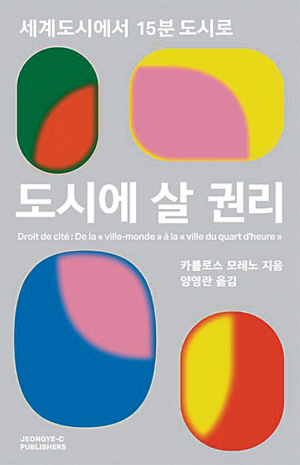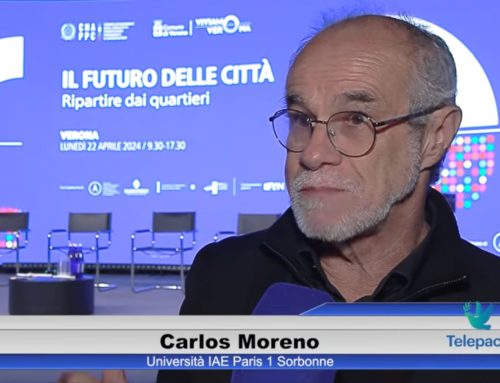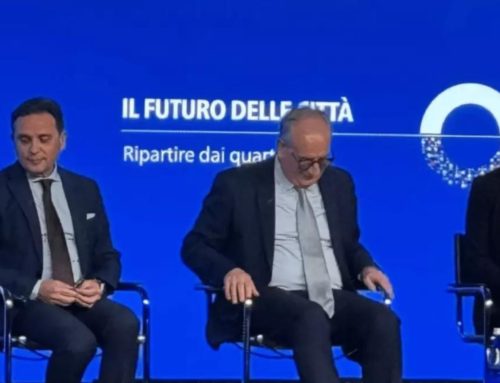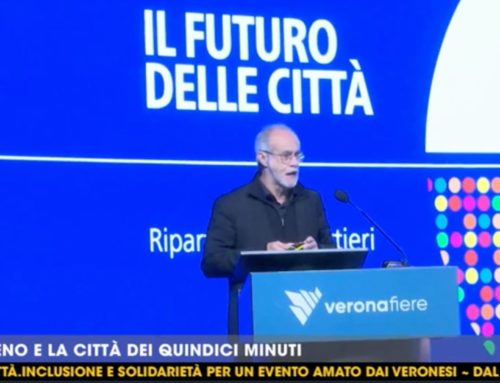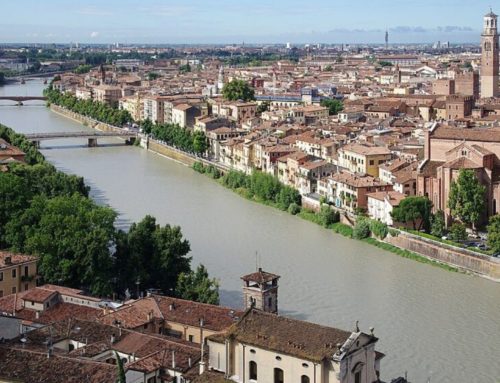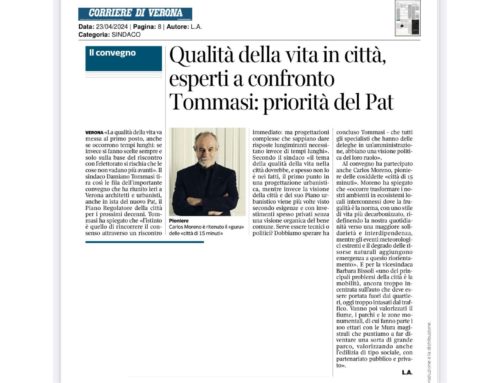Happiness is not determined by one’s social status, but it is closely related to one’s commuting time. According to a study, a 20-minute increase in commuting time has a five-fold negative impact on happiness. In the era where “living close to work” is everyone’s dream, a book suggests a sustainable way of life called the “15-minute city,” where six social functions, including housing, work, supply, medical care, education, and culture, should be within 15 minutes of walking distance. While happiness cannot be measured, individuals can reflect on the quality of their own lives.
The author, a professor at the University of Paris 1 and a policy consultant for the city of Paris, is the creator of the “15-minute city, 30-minute territory” concept. The author argues that the necessary basic functions in the city should be placed within walking distance or by reliable means of transportation to ensure a sustainable urban life. This concept is expanded to the national level as the “30-minute territory.” The book emphasizes that this is the “axis” that can sustain a happy life and is useful in compensating for the vulnerability of urban structure and improving the relationship between residents and the territory.
In early 2020, the mayor of Paris announced the “Paris 15-minute city” as part of his re-election campaign, which has now become a symbol of innovation in European cities. This concept is being pursued in cities such as Bogota in Colombia, Portland in the United States, and Melbourne in Australia. In the process of overcoming the urban crisis caused by COVID-19, it is spreading to cities around the world. Busan and Jeju in South Korea are also starting to implement this concept.
The “15-minute city” does not simply mean placing convenient functions within walking distance. It is more meaningful because it prompts us to rethink the relationship we have had with the city. The author explains the purpose of the “15-minute city” as encouraging meetings through proximity, fighting against various separations and discrimination, and fostering mutual support, solidarity, sharing, and caring for others, so that vulnerable people can receive more support from their neighbors. The significance of this concept lies in transforming the city, which has been urging us to divide and separate space and time and to constantly move faster, into a place where social solidarity is the most valuable virtue.
